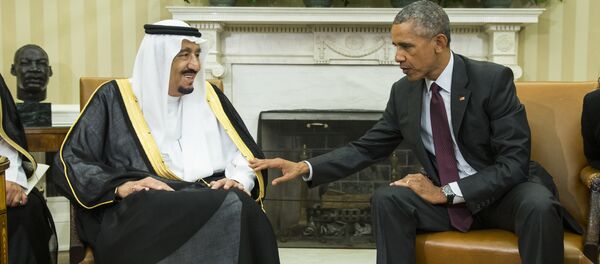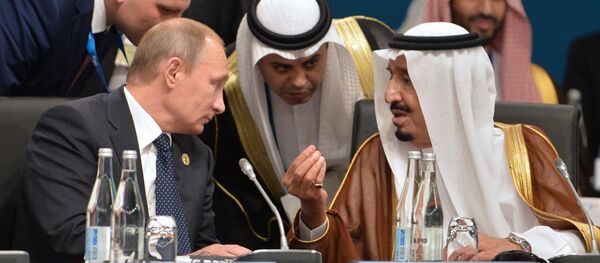US lawmakers made the controversial decision last month to overturn President Barack Obama’s veto of the Justice Against Sponsors of Terrorism Act (JASTA). The legislation allows the families of 9/11 victims to sue foreign governments that could played some role in the attacks.
While the primary focus of the law has been Saudi Arabia, JASTA has also worried the government of Pakistan.
"We have noted with concern the overturning of the US presidential veto on JASTA, a law passed by US Congress aimed at targeting sovereign states," Pakistan’s Foreign Office said in a statement, according to the India Times.
"Many countries across Europe and in the Middle East have also expressed similar concern."
Speaking before the United Nations General Assembly last month, Pakistani Prime Minister Nawaz Sharif offered similar criticism. He stressed that terrorism is "a global phenomenon," and added that "efforts should be taken collectively and not unilaterally by the passage of any laws with extra-territorial application."
Pakistan and Saudi Arabia are close allies, and Riyadh fought vociferously against JASTA before its passing.
"The erosion of sovereign immunity will have a negative impact on all nations, including the United States," the kingdom said in a statement, adding that it hoped the US would work "to avoid the serious unintended consequences that may ensue."
The law could also have the reverse effect, allowing foreign nationals to sue the US government for its own actions abroad — the basis for President Obama’s objections to it.
The lobbying group Arab Project in Iraq “sees their opportunity to ask for compensation from the United States over violations by the US forces following the US invasion that saw the toppling of late President Saddam Hussein in 2003,” the Al-Arabiya news channel reported earlier this month.
"It urged for a full-fledged investigation over the killing of civilian targets, loss of properties and individuals who suffered torture and other mistreatment on the hand of US forces."




